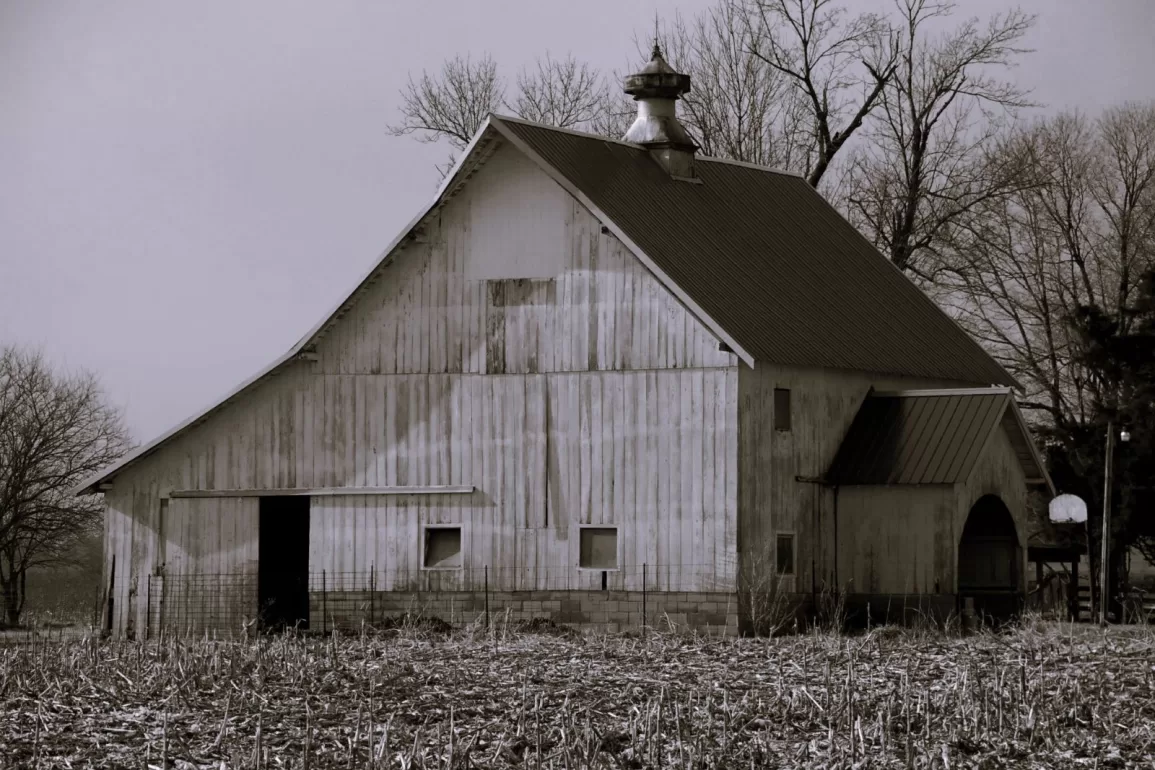The bustle of aunts, uncles, and cousins crammed inside Mamaw’s tiny wooden house scraped against David’s sixteen-year-old sensibilities. Piled on top of that, President Nixon was giving a rah-rah Vietnam War speech on TV. David was suffocating. He stood, made his way through the crowd to the back of the house, pushed open the kitchen screen door, and let it slam behind him. He walked alone under the caress of apple tree shade, past the smokehouse, into a bright August...

